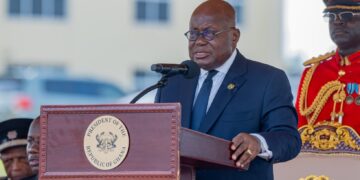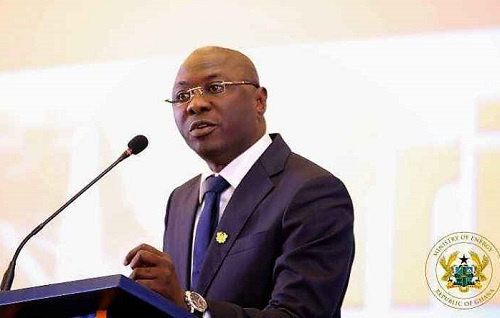The chairman of the organization, who warned non-payment might result in a suspension of their operations, told Reuters on Friday that independent power producers have rejected a government proposal to restructure $1.58 billion in arrears due them by the state.
In order to implement a $3 billion loan agreement from the International Monetary Fund (IMF) intended to handle its greatest economic crisis in a generation, Ghana must reduce the interest payments on its external debt by $10.5 billion over the course of three years.
The proposal for the restructure was “corporately and separately rejected,” according to Elikplim Kwabla Apetorgbor, the head of the Independent Power Producers (IPP) Chamber.
According to Apetorgbor, the producers, who supply more than 65% of the thermal power that is available, were not only unwilling to compromise but also on the verge of shutting down their facilities.
Mohammed Amin Adam, a minister of state in the Finance Ministry, deemed the choice unfortunate.
Threats of a shutdown while in discussions cannot be tolerated at this point; we will continue our transparent and practical engagement with each individual IPP.
Amin promised that the government will keep trying everything in its power to restructure the debt.
The IMF claimed that take-or-pay contracts, cheap prices, and excess capacity contributed to Ghana’s energy shortages, which it claimed had been costing the national government 2% of GDP annually since 2019.
The country that produces cocoa, gold, and oil increased its electricity cost by nearly 30% in the first quarter of 2023 before increasing it by 18.36% in the second quarter.
According to the nation’s utilities authority, tariffs will henceforth be changed every three months.














